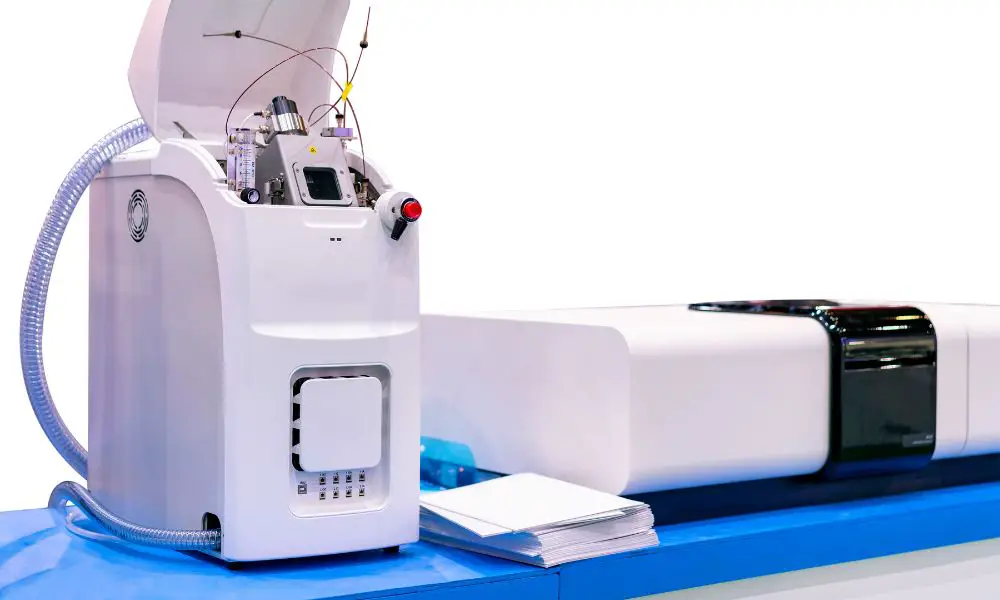

Spectrometers analyze light and use light to determine the composition of materials. Explore some common everyday uses for spectrometers.
By shining light on or through a substance, spectrometers measure the wavelengths of light emitted or reflected by that substance. Since different materials have distinct reaction patterns to light, spectrometers can determine the composition of materials.
While “spectroscope” and “spectrometer” are often used interchangeably, there is a subtle difference between the two. A spectroscope is an optical device used toobserve the spectral properties of light, whereas a spectrometer measures those spectral properties to analyze substances.
One of the most popular applications of spectrometers is in food and beverage production. These devices are used to measure the levels of different components, such as sugars and proteins, in raw materials or finished products.
By analyzing light signals from a sample, manufacturers can determine whether the proportion of individual ingredients in a product meet the required standards for their products. They can also determine whether the product has been contaminated by foreign substances.
Quality Control in Manufacturing
Spectrometers can detect impurities or imperfections in raw and manufactured materials, helping manufacturers meet safety and performance standards. From automotive parts to medical implants, spectrometers play an important role in ensuring product quality by determining whether materials have the desired composition in the correct proportion.
Identifying Minerals
Spectrometers can identify minerals in mining and exploration. By measuring the properties of light emitted by samples, these devices detect rare elements or trace minerals. This helps companies make informed decisions about whether exploration sites could yield enough of a desired mineral to warrant further investment.
Testing Pharmaceutical Products
Spectrometers can test the safety and effectiveness of new drugs and treatments. By analyzing light signals from samples, researchers can determine the optimal composition of chemicals or drugs. This helps ensure that medications meet all necessary standards for safety and effectiveness before their release. Research and development labs and manufacturing facilities consider the specific application, cost, and size or portability of these instruments when they buy spectrometers for their operations.
Spectrometers help law enforcement officials uncover vital information about crime scenes. From identifying gunshot residue to blood samples, spectrometers are an invaluable tool for forensic investigators.
Spectrometers can also detect the presence of illegal drugs or contraband in shipments and luggage. Criminal forensic labs can use spectrometers to determine whether an item contains substances that are prohibited by international laws. This helps authorities prevent the smuggling of dangerous and illegal substances across borders.
Spectrometers are versatile tools with a wide range of everyday uses. From food production to pharmaceutical testing, these devices are used in everyday life to help ensure the purity, safety, and effectiveness of a variety of products. As technology continues to evolve, spectrometers will become even more powerful and useful in many different fields.
Get festival-ready with this style guide. Discover what to wear for comfort and fun at…
Using solar-powered energy can help you save money and reduce reliance on the grid. But…
The summer heat can spell disaster for asphalt if you’re not careful. Protect your parking…
Enhance your baking with rich flavors like vanilla, citrus zest, and brown butter. Discover simple…
In the prototyping stage, identifying potential pitfalls is crucial for preventing manufacturing issues down the…
When it's cold outside, a warm and fashionable beanie is essential. A proper beanie warms…